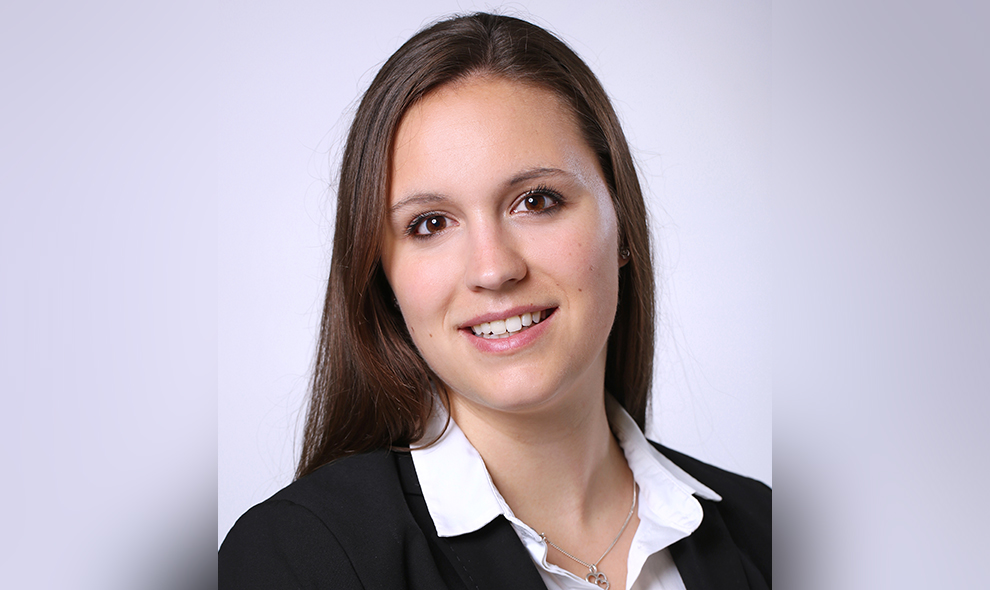Financial technologies are an opportunity for Liechtenstein. What was the aim of the TVTG?
Continuous further development of innovation is necessary to ensure positive economic development. Due to the high level of regulation in the financial sector, however, this requires a corresponding commitment to innovation on the part of the government and the authorities. The TVTG defines a legal framework for all applications of the token economy to ensure legal certainty for many current and future business models. This should not only strengthen innovation, but also protect users from abuse and the reputation of the financial market of Liechtenstein as a whole.
The legal aspect of tokenized structures and assets was a major challenge for the legislator How so?
Technology is subject to constant change and blockchain technology, in particular, is affected by a high pace of innovation. It was therefore important for the legislator to find a solution that was as technology neutral as possible. The legislator, therefore, tried to abstractly define the term “Blockchain” as “Transaction on systems based on trustworthy technologies” and the term “trustworthy technology (TT)” is defined as “technologies through which the integrity of tokens, the clear assignment of tokens to TT Identifiers and the disposal over token is ensured”. With the Law on Token and TT-Service Provider (TVTG), coming into force on 1 January 2020, the legislator introduced the legal entity “token”, which was new to the Liechtenstein law. Due to this, certain fundamental legal issues with regard to tokens had to be clarified on the basis of existing law.
In the heart of the TVTG lies the “Token Container Model” (TCM) which enables a technologically neutral and agnostic token definition. In this model, what constitutes as a ‘token’?
The blockchain ecosystem revolves heavily around payment token, but a legal definition that revolves primarily around cryptocurrency cannot do justice to the application potential of the entire token economy. In order to cover as many possible applications of the token economy, the Liechtenstein legislator defined token as a “container” of a right. This right can include everything that is used in the legal and economic system, such as the right of ownership of an object, the right to receive goods (vouchers), the rights of use (of all kinds), membership and much more. Even the case of an “empty” container is possible and relevant in practice (e.g., cryptocurrency without real value-collateralization, such as bitcoin). Consequently, this means that the token only digitally represents the rights in the blockchain system. The original right and all the associated legal consequences remain intact. Thus, the legislator did not have to draft new laws regarding individual rights, but only regarding the transfer of the token, respectively of the right by means of the blockchain, as well as regarding the connection between the physical and online world.
The introduction of balanced regulation is intended to maintain the sector's ability to innovate, while at the same time providing a certain legal framework for customer protection, prevention of money laundering and protection of the financial market, which will also increase the quality of the FinTech companies.
How does the TVTG bridge the gap between the physical and online world?
The TVTG states that the token is the disposition of the right represented (by the token). However, this legal basis only has a limited effect, since this can, of course, only apply to rights or things that are subject to Liechtenstein law. The law, therefore, imposes on the Token Generator the obligation to ensure by appropriate measures that the disposition of the token actually also results in the direct disposition of the right represented and that any other disposition of the right represented in the token is excluded. The law does not specify how this obligation should be fulfilled. It depends on the represented right. For example, in the case of tokenization of rights to an object, the object could be deposited in a warehouse. In the case of securities, it should generally be sufficient if the terms of the issue stipulate that the disposal of the security takes place in accordance with the rules of a VT system.
Moreover, the legislator has introduced the category of the Physical Validator as a person who ensures the enforcement of rights, in terms of property law, to goods represented in tokens on TT systems.
Who must register according to TVTG?
With the creation of the TVTG, ten new categories, which provide services on TT systems (e.g., blockchain), have been introduced. Pursuant to Art. 12 TVTG, natural or legal persons who have registered office or place of residence in Liechtenstein and who wish to provide one of the following services on a professional basis must register with the Financial Market Authority:
- Token Issuers
- Token Generators
- TT Key Depositaries and TT Token Depositaries
- TT Protectors
- Physical Validators
- TT Exchange Service Providers
- TT Verifying Authorities
- TT Price Service Providers
- TT Identity Service Providers
The TVTG makes it possible to bridge the gap between the classic financial industry and distributed ledger technology. What impact could this have?
In the traditional financial market, there is a high degree of regulation in terms of customer protection, prevention of money laundering and protection of the financial market as a whole, while FinTechs are generally not subject to any special regulation; this means that legal certainty for the companies suffers on the one hand, but also the protection of customers and the financial market can hardly be guaranteed. The introduction of balanced regulation is intended to maintain the sector's ability to innovate, while at the same time providing a certain legal framework for customer protection, prevention of money laundering and protection of the financial market, which will also increase the quality of the FinTech companies. The level of protection of the existing financial market law is not affected, as companies that are registered in the sense of the TVTG also require a license according to the classic financial market laws, if they want to provide services according to these laws (e.g. Banking or Insurance). The same applies to companies that already have a license under traditional financial market law and now want to offer services under the TVTG. They also require a TVTG registration in addition to the existing license.
This regulation thus bridges the gap between the traditional financial market and DLT, whereby companies from the traditional financial market increasingly seek cooperation with regulated companies from the DLT sector, since the regulation of these companies provides a certain degree of security, or these new services are offered by companies from the traditional financial markets themselves. By bridging the gap, the innovation of the financial market as a whole is increased without losing its seriousness.
What was the initial impact of TVTG on businesses?
As Liechtenstein was one of the first countries to regulate companies in the field of DLT, it suddenly became internationally known as an ideal location for companies and international inquires rose. Meanwhile, eleven companies are registered with the Financial Market Authority for different services according to TVTG. On the one hand, these include companies from the DLT sector, but also companies originally from the traditional financial market, which, as explained above, was also the intention of the legislator. Even though the hype surrounding DLT is still being felt, our law firm is now also receiving an increasing number of inquiries from companies that have a well-designed product where DLT is the solution to an actual problem.
If you have any questions regarding the TVTG or other topics of Liechtenstein law, the law firm Ospelt & Partner Attorneys at Law Ltd. will be pleased to assist you.
www.ospelt-law.li
info@ospelt-law.li
+423 236 19 19
I completed my Master’s degree in Law (M.A. HSG in Law) at the University of St. Gallen, Switzerland in 2017. During my studies, I worked for the Liechtenstein Financial Market Authority (FMA) and was thus able to gain firsthand insight into financial market law. Upon my graduation, I gained legal practice in Switzerland and Liechtenstein and passed the Swiss Bar Exam in 2018 and the Liechtenstein Bar Exam in 2020. Since 2018, I have been working for Ospelt & Partner Attorneys at Law Ltd. in Liechtenstein and advise clients mainly in the area of contract, corporate and financial market law.
Ospelt & Partner Attorneys at Law Ltd. is a law firm in Liechtenstein and offers comprehensive advice in all areas of law. Due to the different backgrounds and experiences abroad, we are also not only able to provide information on Liechtenstein law but also to solve cross-border issues of our clients. Together with Legacon Trust Est. and Crowe Horwath Trust Ltd. we can offer comprehensive solutions for our clients.





















